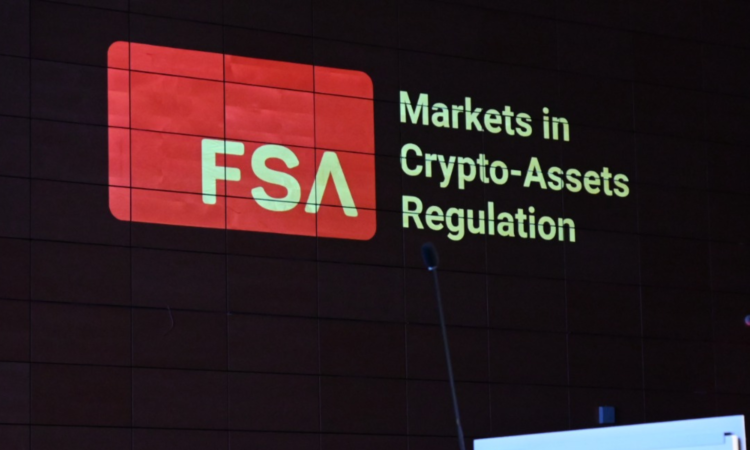
In the wake of EU legislation proposed to regulate cryptocurrencies, the Malta Financial Services Authority is boasting of Malta’s leadership in regulating the sector despite the failure of the Blockchain Island project, which allowed unregulated companies to profit from a lack of oversight.
Cryptocurrency exchange companies such as Binance exploited Malta’s unregulated, crypto-friendly stance to set up shop on the island, processing billions without facing the scrutiny placed on other financial institutions, international reports have confirmed.
At a conference hosted by the MFSA discussing the EU’s upcoming Markets in Crypto Assets (MiCA) regulation, Malta’s fast-and-loose approach to attracting crypto companies in 2018 was downplayed.
The Authority’s CEO Kenneth Farrugia focused on laws introduced in Malta in 2018. The ‘regulations’ set up anti-money laundering, consumer protection and anti-market manipulation rules, but included a “transitory period, ” allowing companies to continue operating unregulated for two years until 2020.
The unregulated period saw a flurry of companies setting up shop in Malta. Companies such as Binance were later charged with securities fraud by the United States Securities and Exchange Commission for transactions made while operating in Malta.
Given the cryptocurrency sector’s extreme volatility and the quick turnaround nature of the various scams linked to it, companies essentially took advantage of the lack of regulation in those two years and then left.
Yet Farrugia lauded Malta’s efforts in the sector as “pioneering”.
MFSA’s Chief Officer Supervision Christopher Buttigieg confirmed in comments to the press that 85% of companies registered in Malta had left the island after the two-year transition period.
Cryptocurrencies such as Bitcoin and Ethereum are digital currencies that allow for near-anonymous transactions between holders through decentralised digital networks known as blockchains.
Cryptocurrencies reached the height of their popularity in 2021 and have been widely criticised for their use in illicit operations such as money laundering due to a lack of regulation.
The EU’s MiCA regulations are aimed at curbing abuses in the sector.
While EU-wide regulation for the sector has long been called for, and the cryptocurrency sector has lost much of its popularity following the collapse of crypto exchange FTX, the EU’s MiCA regulation is expected to enter into effect as of next year.






